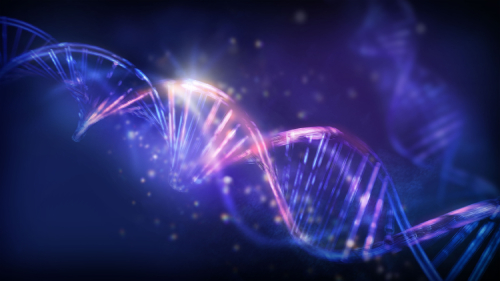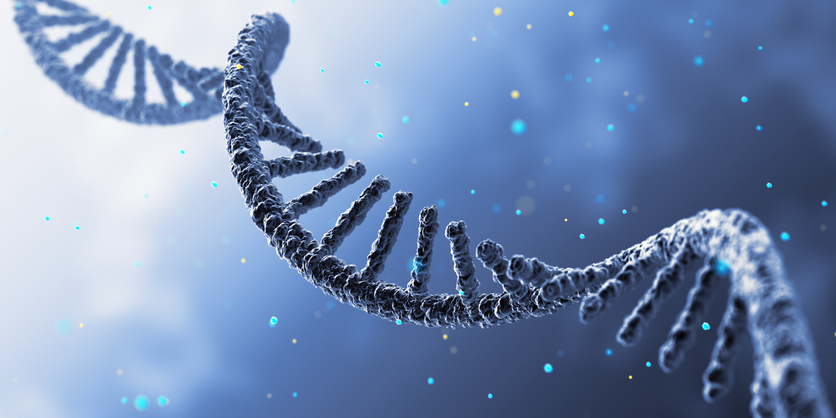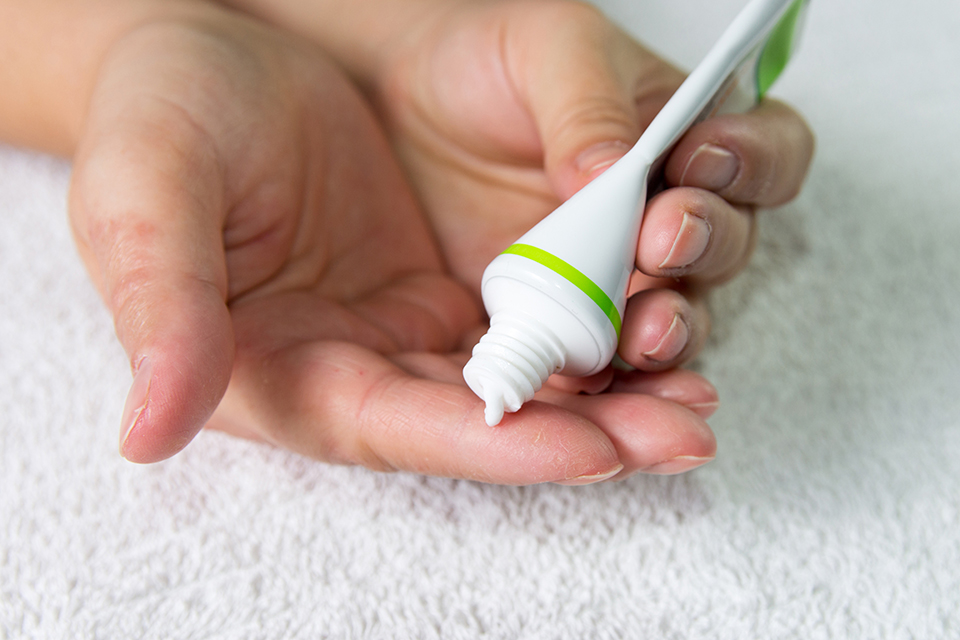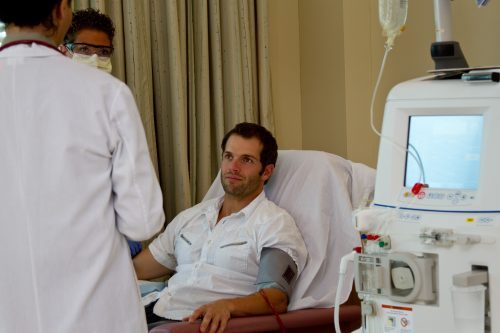
Kidney stones are a major health concern. An estimated 10% of adults in the United States will have a kidney stone and 75% will have a stone recurrence within 20 years.1,2 The economic impact of lost work due to stones is massive, with an estimated $5 billion lost annually in the United States.3
Unfortunately, kidney stones result in much more than pain and financial losses. Kidney stones are associated with common chronic diseases such as hypertension, chronic kidney disease (CKD), diabetes, metabolic syndrome, and bone disease.2 Between the high recurrence rate and increased risk of developing other chronic diseases, health care professionals should not take kidney stones lightly. Instead, they should view kidney stones as a metabolic disease and identify and treat the underlying cause to both reduce recurrence risk and prevent additional chronic diseases.
Nutrition is a key component for the treatment of metabolic conditions such as diabetes and heart disease, as well as the prevention of kidney stones. In fact, research suggests that diet is a significant driver for the increasing prevalence of kidney stones globally.4
Risk factors for kidney stones comprise a combination of genetic and environmental factors.5 Environmental factors that increase stone risk include living in a warm environment, lack of access to a bathroom, and stress.6-8 A diet that is high in sodium, nondairy animal protein, and added sugar and lacking in fruits, vegetables, and calcium can also increase stone risk.9 Many health conditions predispose a patient to kidney stones, including inflammatory bowel disease, hyperparathyroidism, and eating disorders. Gastric bypass surgery is also associated with stones.2
Given the complexity of kidney stone etiology, it is imperative that people with kidney stones get metabolic testing to identify the most probable cause of kidney stone disease. A 24-hour urine collection is the gold standard to assess kidney stone risk and is recommended by the American Urological Association (AUA) to be completed annually for all high-risk, recurrent, or interested stone formers.10 Yet only 7% of people with kidney stones will ever get a 24-hour urine collection, indicating that a dismally small percentage of people with kidney stones get the testing required for targeted, effective kidney stone prevention.11
Seven of the recommendations in the AUA’s Medical Management of Kidney Stones include dietary changes, such as reducing sodium or nondairy animal protein and increasing dietary calcium or fruits and vegetables depending on 24-hour urine chemistries and stone composition.10 A 2014 study found that 82% of urologists believe patients with kidney stones should be given dietary advice.12 However, less than 50% of urologists report assessing a patient’s diet before providing nutrition recommendations, and 36% feel they do not have enough time to provide nutrition education.12
Registered dietitian nutritionists (RDNs) are uniquely trained to provide both nutrition education and counseling to patients for the prevention and treatment of chronic diseases, including kidney stones. Medical nutrition therapy provided by an RDN has been shown to improve outcomes in a variety of health conditions, including CKD.13 Conversely, nutrition education, or simply providing information, has not been shown to be associated with behavior change or improved outcomes.14 However, counseling strategies such as motivational interviewing can induce behavior change and improve health outcomes, including by reducing hemoglobin A1c, cholesterol, and blood pressure.15 A 2016 study found that shared medical appointments that included an RDN resulted in improved 24-hour urine chemistries.16
Despite these benefits, only 23% of urology clinics partner with a registered dietitian in any capacity.12 The presence of RDNs in nephrology clinics is also limited.17 This problem is exacerbated by inaccurate and generic kidney stone handouts provided in the emergency room and misinformation found online.18,19
Given the metabolic nature of kidney stones and the prevalence of nutrition recommendations, it is imperative that an RDN trained in kidney stone prevention assess patients with kidney stones to make tailored dietary recommendations based on 24-hour urine chemistries, past medical history, lab values, current eating habits, and food preferences. Registered dietitians can also utilize behavior change strategies to help patients make notoriously difficult lifestyle changes to improve outcomes and reduce the risk of kidney stone recurrence.
Melanie Betz, MS, RD, CSR, FNKF, FAND, is founder and chief executive officer of The Kidney Dietitian, a blog to educate patients and health care professionals about kidney stone prevention via nutrition. Your questions are welcome, and she can be reached at mailto:melanie@thekidneydietitian.org or via her website, www.thekidneydietitian.org.
References
- Chen Z, Prosperi M, Bird VY. Prevalence of kidney stones in the USA: the National Health and Nutrition Evaluation Survey. J Clin Urol. 2019;12(4):296-302. doi:10.1177/2051415818813820
- Worcester EM, Coe FL. Calcium kidney stones. N Engl J Med. 2010;363(10):954-963. doi:10.1056/NEJMcp1001011
- Hyams ES, Matlaga BR. Economic impact of urinary stones. Transl Androl Urol. 2014;3(3):278-283. doi:10.3978/j.issn.2223-4683.2014.07.02
- Romero V, Akpinar H, Assimos DG. Kidney stones: a global picture of prevalence, incidence, and associated risk factors. Rev Urol. 2010. PMID: 20811557; PMCID: PMC2931286
- Singh P, Harris PC, Sas DJ, Lieske JC. The genetics of kidney stone disease and nephrocalcinosis. Nat Rev Nephrol. 2022;18(4):224-240. doi:10.1038/s41581-021-00513-4
- Malieckal DA, Goldfarb DS. Occupational kidney stones. Curr Opin Nephrol Hypertens. 2020;29(2):232. doi:10.1097/MNH.0000000000000581
- Fakheri RJ, Goldfarb DS. Ambient temperature as a contributor to kidney stone formation: implications of global warming. Kidney Int. 2011;79(11):1178-1185. doi:10.1038/ki.2011.76
- Walters DC. Stress as a principal cause of calcium oxalate urolithiasis. Int Urol Nephrol. 1986;18(3):271-275. doi:10.1007/BF02082713
- Zayed S, Goldfarb DS, Joshi S. Popular diets and kidney stones. Adv Kidney Dis Health. 2023;30(6):529-536. doi:10.1053/j.akdh.2023.10.002
- Pearle MS, Goldfarb DS, Assimos DG, et al. Medical Management of Kidney Stones: AUA Guideline. Am Urol Assoc. 2014;192:316-324. doi:10.1016/j.juro.2014.05.006
- Milose JC, Kaufman SR, Hollenbeck BK, Wolf JS, Hollingsworth JM. Prevalence of 24-hour urine collection in high risk stone formers. J Urol. 2014;191(2):376-80. doi:10.1016/j.juro.2013.08.080
- Wertheim ML, Nakada SY, Penniston KL. Current practice patterns of urologists providing nutrition recommendations to patients with kidney stones. J Endourol. 2014;28(9):1127-1131. doi:10.1089/end.2014.0164
- de Waal D, Heaslip E, Callas P. Medical nutrition therapy for chronic kidney disease improves biomarkers and slows time to dialysis. J Ren Nutr. 2016;26(1):1-9. doi:10.1053/j.jrn.2015.08.002
- Betz M, Steenes A, Peterson L, Saunders M. Knowledge does not correspond to adherence of renal diet restrictions in patients with chronic kidney disease stage 3-5. J Ren Nutr. 2021;31(4):351-360. doi:10.1053/j.jrn.2020.08.007
- Rubak S, Sandbæk A, Lauritzen T, Christensen B. Motivational interviewing: a systematic review and meta-analysis. Br J Gen Pract. 2005;55(513):305-312. PMCID: PMC1463134; PMID: 15826439
- Jhagroo RA, Nakada SY, Penniston KL. Patients attending shared medical appointments for metabolic stone prevention have decreased stone risk factors. J Endourol. 2016;30(11):1262-1268. doi:10.1089/end.2016.0500
- Lee P, Kouba J, Jimenez EY, Kramer H. Medical nutrition therapy for chronic kidney disease: low access and utilization. Adv Kidney Dis Health. 2023;30(6):508-516. doi:10.1053/j.akdh.2023.12.001
- Sternberg KM, Pham A, Cisu T, Kildow ML, Penniston KL. Discharge materials provided to patients with kidney stones in the emergency department may be a source of misinformation. Can J Urol. 2018;25(6):9585-9590. PMID: 30553283
- Huang MM, Winoker JS, Allaf ME, Matlaga BR, Koo K. Evidence-based quality and accuracy of YouTube videos about nephrolithiasis. BJU Int. 2021;127(2):247-253. doi:10.1111/bju.15213







 © 2025 Mashup Media, LLC, a Formedics Property. All Rights Reserved.
© 2025 Mashup Media, LLC, a Formedics Property. All Rights Reserved.